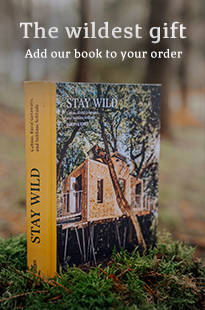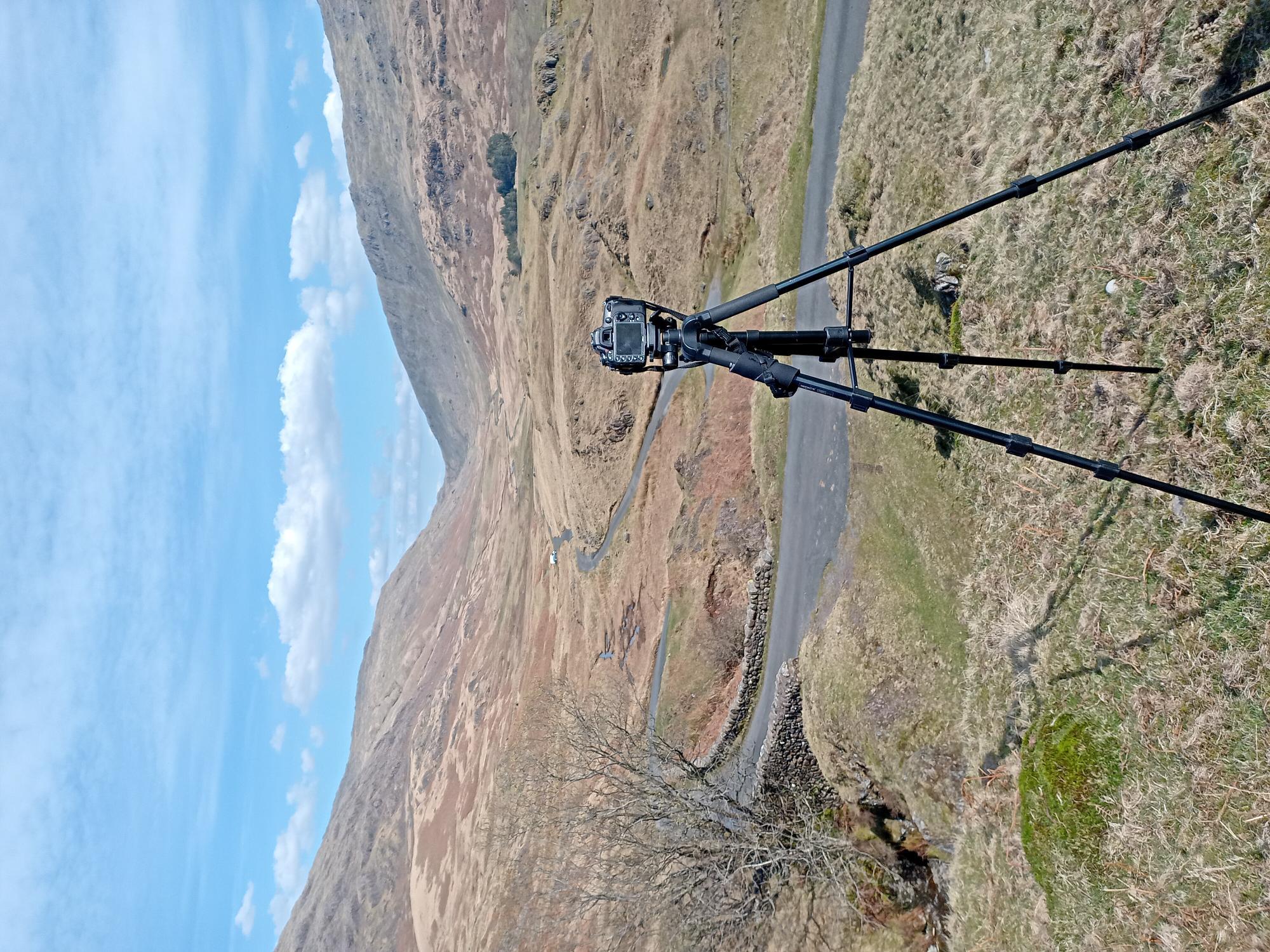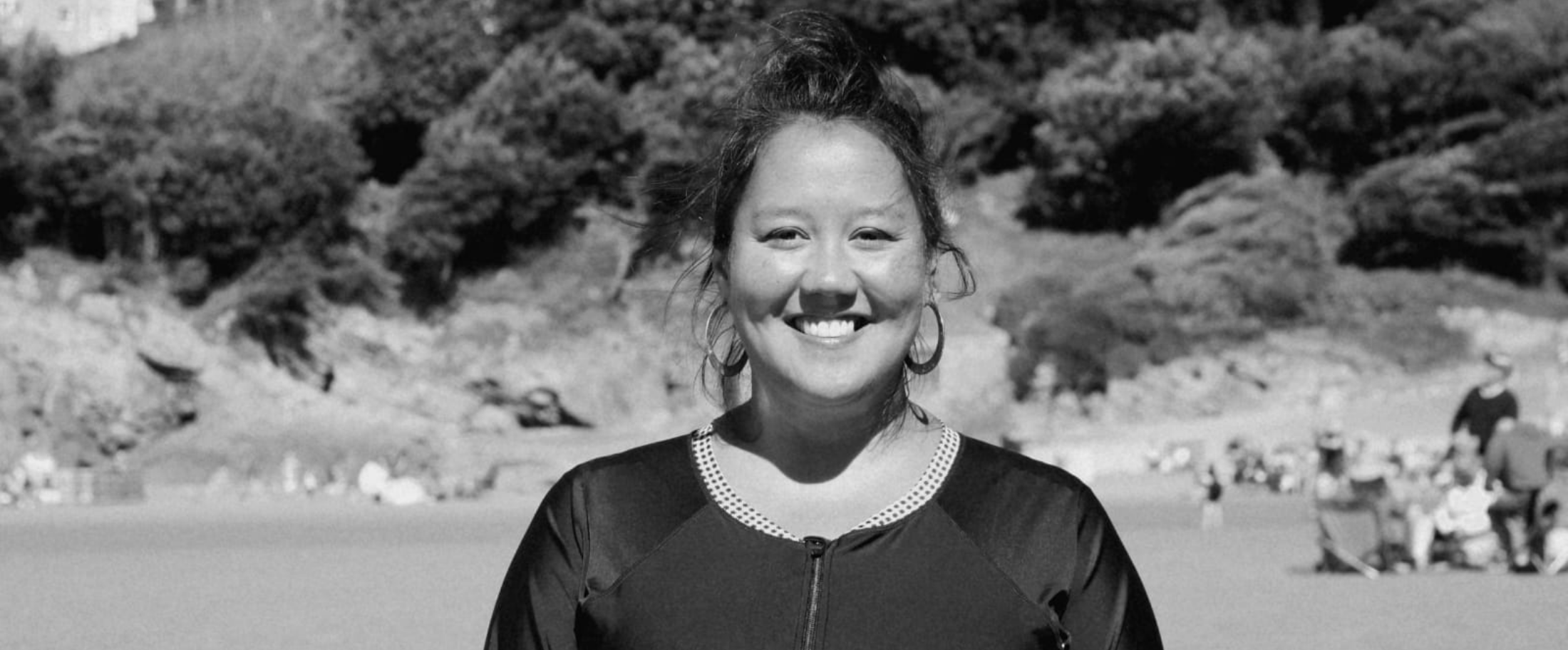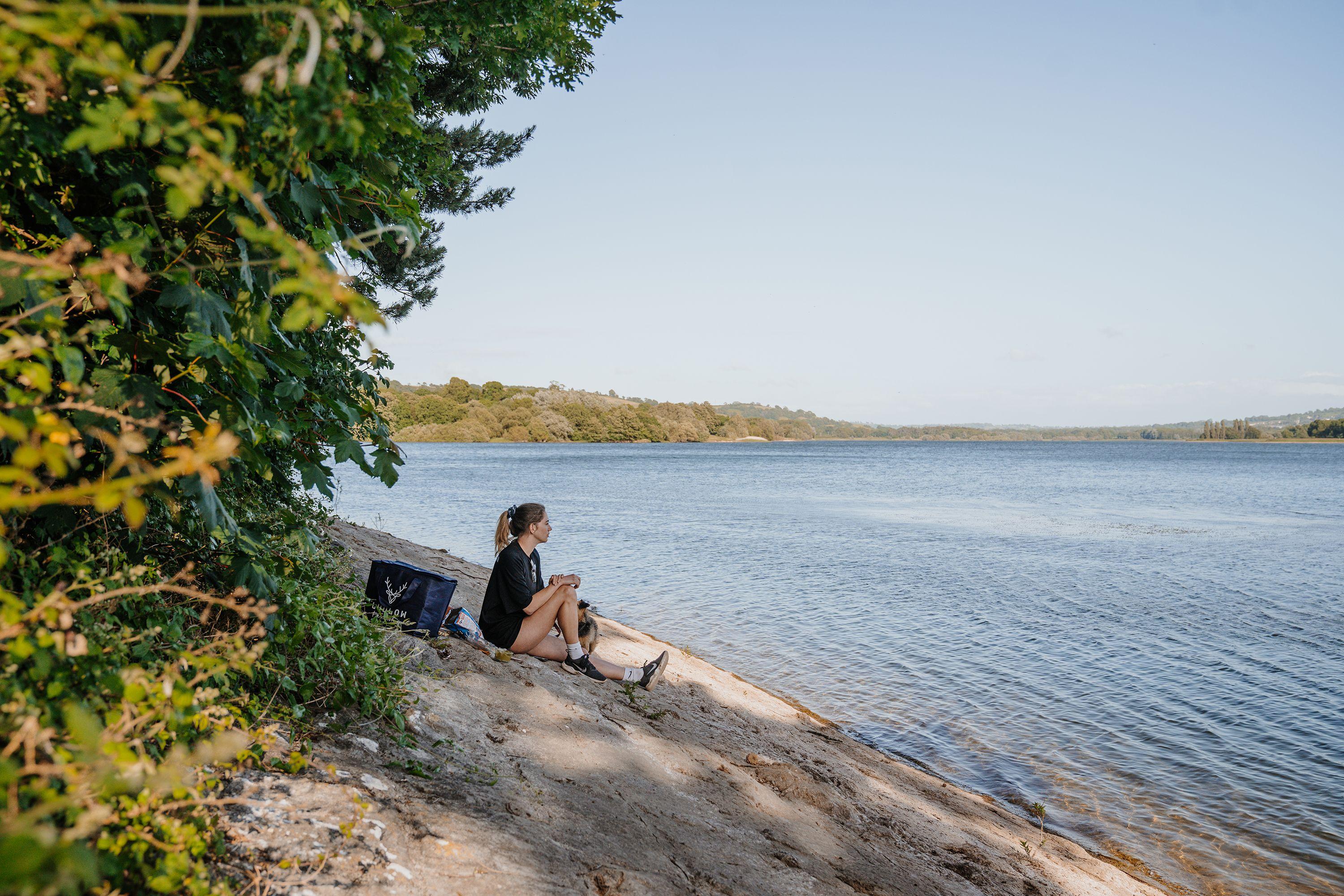- Location
- Glamping
Special occasions
- Stories
- Gift Cards
- About us
About Canopy & Stars
More from Canopy & Stars
More at Sawday's
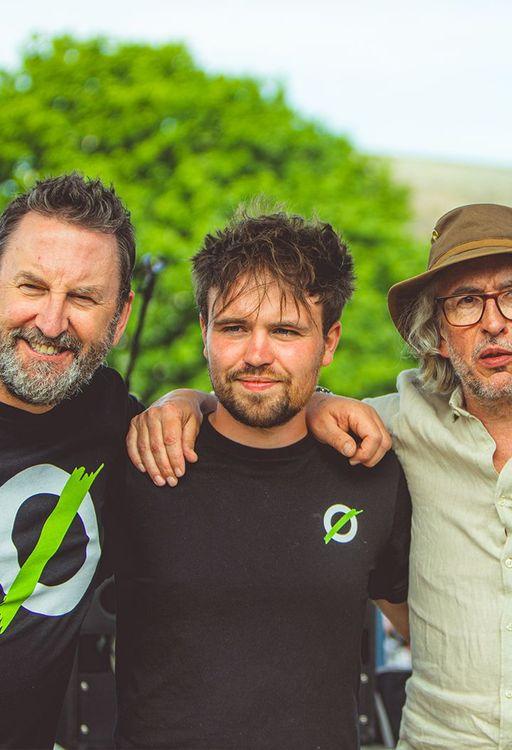
Meet the man on a mission to save Lake Windermere: Matt Staniek
The Lake District is one of the most remarkable areas of the UK – a stunning 2,000 odd miles of sweeping vistas, soaring fells and deep lush valleys. It’s no wonder that it inspired artists like Wordsworth and Beatrix Potter – and continues to pull in 15.8 million visitors a year. Visiting areas of incredible beauty, and the ability to see the natural world in all its majesty is vital – for all – but what happens when the area struggles to accommodate all of its inhabitants, and the infrastructure they need. Some of its effects are invisible – and others, well they can be seen from space.
To get an understanding of what’s going on, we spoke to zoologist, conservationist and (now award-winning) campaigner, Matt Staniek. After breaking his neck in a car accident, Matt spent three years heading to Lake Windermere every day whilst he recovered mentally and physically. During this time, he watched as the natural world around him began to drop into steep decline, appalled – he began investigating – and has now pioneered a project to save Lake Windermere.
So, if people haven’t come across you, in a nutshell, what is the problem at Windermere
I started the campaign as I was seeing a massive decline in biodiversity and in water quality. I found out that untreated sewage was being discharged into Windermere. In 2020, over 7000 hours of untreated sewage was spilled into the catchment that flows into Lake Windermere.
It's not just untreated sewage either. Arguably the treated sewage is more impactful, because it adds the nutrient phosphorus into the system, which acts as a fertiliser for algae. Both treated and untreated sewage both add to phosphorus, and whilst untreated sewage doesn’t flow into the catchment every day, treated sewage, does. When the algae gets to a certain level, it can start to massively fluctuate dissolved oxygen within the water columns of the lake. And it gets to a threshold where it's so low that it can threaten life.
Last summer, we had a circumstance in which the entire North Basin of Windermere, a four- or five-mile stretch of the lake, turned bright green, and you could see it from space.
And that's the fundamental issue of Windermere, sewage is the single largest input. Well, United Utilities is the single largest input of phosphorus into Lake Windermere.
We've been adding phosphorus to arable land since the late 1800s. And by some scientists’ estimations, we have a backlog of phosphorus in the soil that could potentially last a decade, because the soil’s so over-rich with this mineral.
We have no intensive dairy, no intensive poultry within the catchment. So, when you look at the agricultural input within Windermere, yes, it's something that needs to be discussed, but the key problem is the high visitor, mainly transient visitor population. It's putting pressure on infrastructure that is inadequate, antiquated, and cannot cope with this.
You’ve recently been saying we might even be too late to save the lake. When did this begin? And why is it so quick to happen when it does?
Windermere has been an issue for decades. We've now got an accumulation of pollution that’s sat at the bed of the lake. Much of that is nutrient trapped within the sediment, and the big problem is that nutrient can then be brought out of the sediment under natural circumstances. And so, because of that, you've got essentially what is a ticking time bomb.
Even if we were to turn all the sewage taps off tomorrow, we will, myself and you, most likely see blue green algal bloom events for the rest of our lives, because there's so much [phosphorus] that's trapped there. If the campaign is successful, then the lake will naturally recover itself.
In its natural state Windermere’s classified as an ‘oligotrophic Lake’, which means that it’s so low in nutrients, that algal blooms would be incredibly, incredibly rare to happen, or they wouldn’t happen at all. Everything that's happening to Windermere is due to anthropogenic pressure (human activity).
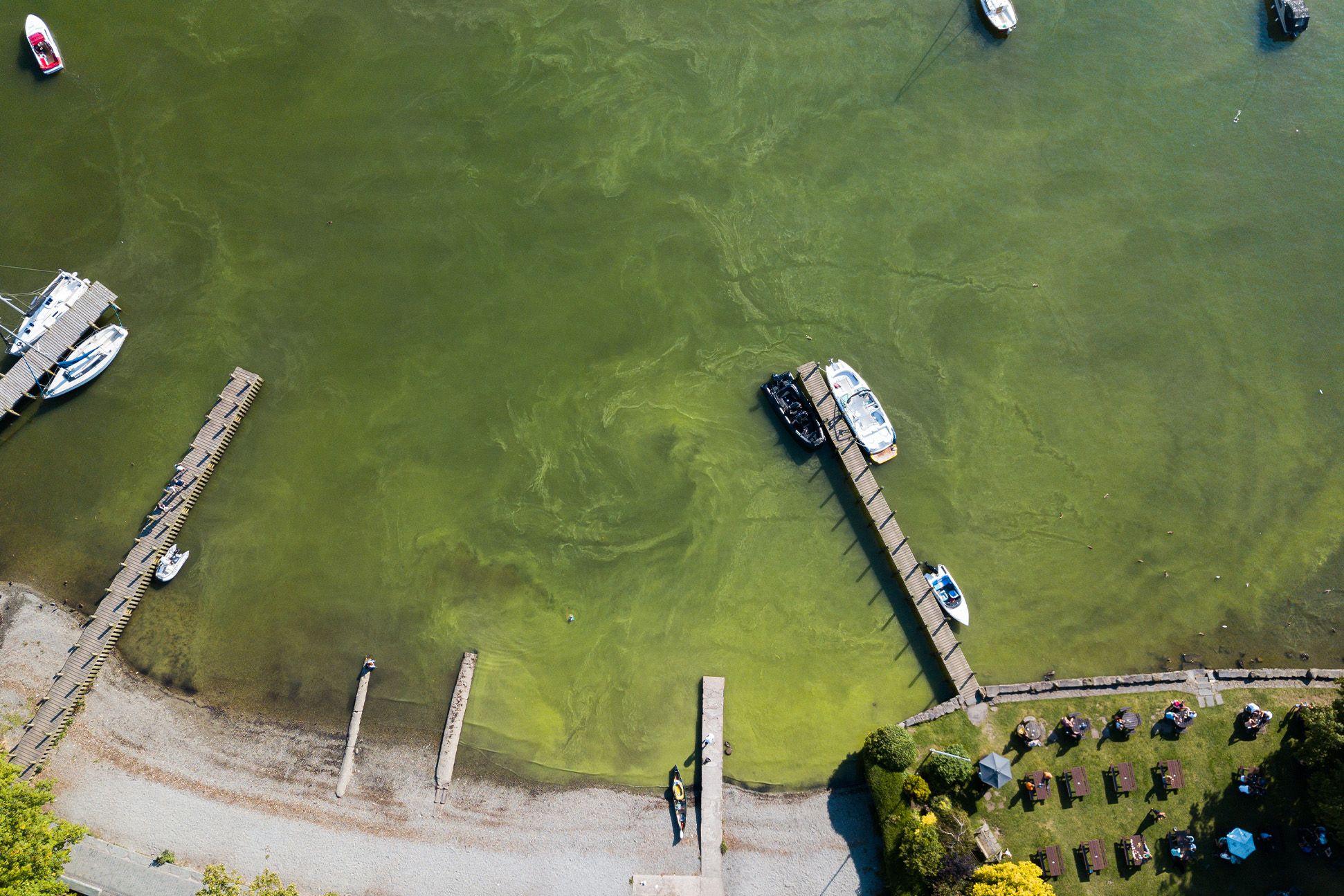 undefinedPhotograph by Matt Staniek
undefinedPhotograph by Matt StaniekSo, when you really lay down the cold, hard facts, there is absolutely no chance this should be occurring?
Well, your question was, how long has it been a problem for It's been known about for decades, since the 1950s. But if you put two cases side by side, one of which being Windermere, another of which being Lake Annecy in France. In 1954 in Annecy, they saw the exact same thing. They saw the slow eutrophication of the water. They saw an increase in algal blooms and they saw declines in fish populations.
I say to put them side by side because it almost seems made up, just how similar these two lakes are. Both are glacially formed, both are over 10 kilometres long. Both are split into two distinctive basins. Both have arctic char. Both have large populations around the shores, plus tourism industries going there.
The difference between Windemere and Annecy is that Annecy is now classified as the cleanest lake in Europe, because the work that was done post 1954, when it was first seen that there was an issue – they invested around 300 million euros into their sewage network, and [the sewage is] now diverted into pipes out of the lake’s catchment. And now there's no sewage going into Annecy at all.
You're not asking for something which has no scientific basis and no action plan. There very much is one.
We get told, you know, we’re naive to the topic. The vast majority, 99.99% of people, are largely naive to the topic, as to what is happening. We get told that it’s a complex issue, and it's a great way to try and diffuse the problem across different stakeholders, with different agendas. But it leads back to a billion-pound water company that could invest the money to help protect Windermere forever. And this is a billion-pound water company that in the last financial year saw 300 million pounds sent to their shareholders in dividends, whilst earlier this year, announcing a potential 19-million-pound investment into Windermere in the next two years.
This campaign is about holding people to account to ensure that we get the change that is necessary to protect our lake now and forever. And this is I say, our lake, because this is the country's Lake. This is the country's premier lake. It's in a national park, which is open to everyone within the country. And it needs to be protected to reflect that significance.
What are the possible repercussions of this lake dying? How impactful would it be to the local environment?
Well, it would be massive for the local environment. If dissolved oxygen levels get low enough, then they can kill the life in its waters. If a mass algal bloom event does occur, you're talking about hundreds of thousands of fish. You've got the cultural side of Windermere Lake itself, in which people have lived here, people have utilised this body of water for thousands and thousands of years. But on top of that, it's also a massive economic driver. In 2019, Windermere saw 12 million visitor days in its catchment, which brought in 750 million pounds to the economy.
So, not just repercussions on its ecosystem, it would also then cascade up and directly impact people's lives. You're going to see a dip in people wanting to come here, similar to what happened in Mar Menor in Spain. It's a saltwater lagoon, which had a couple of mass fish deaths, and they saw house prices and tourism numbers drop. So, people are intertwined within the Windermere narrative more than they're aware.
For me fundamentally, being a zoologist and conservationist, my main concern is the ecology. A healthy Lake will protect businesses, a healthy lake will protect people's lives, and then ultimately, protect the area and the nation’s National Park.
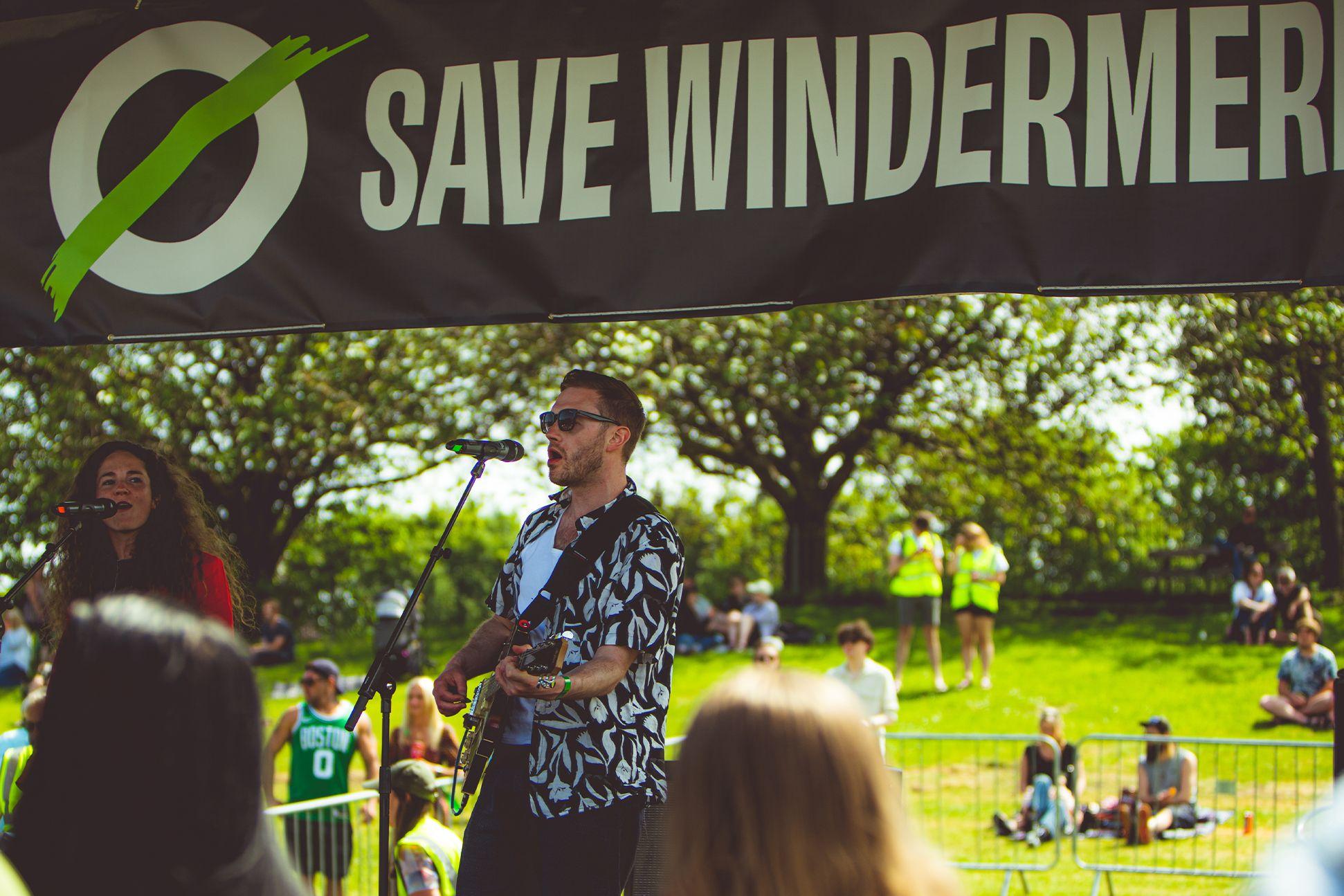 undefinedPhotograph by Drew Blacow
undefinedPhotograph by Drew BlacowYou've had Lee Mack, Steve Coogan and Paul Whitehouse out for some pretty high-profile support, did you think it would get that level of traction?
I think I've been quite lucky with the campaign. When I first started my first and my second petition, both exceeded 110,000 signatures. And I think it was my second petition, it got past 10,000 signatures in like, a couple of days.
I've always known how powerful Windemere is, as a topic. As to, you know, why we've got such high-profile people aligning themselves with it – it’s because Windermere is the epitome of what we're seeing nationwide, you know, if it's happening to Windermere, then this is happening to your local river.
This lake should be absolutely pristine. Paul’s a fisherman, and Lee Mack and Steve Coogan have been coming up here since they've been kids. You know, they want to see Windermere clean, and currently it's not.
You recently featured on Paul White House's series, Our Troubled Rivers, and I'm quite certain that brought a lot more attention to the issue. But is there any local pushback that you're experiencing?
When you start talking about a topic which people find is undesirable, there are people that have a concern that what I'm doing is going to be directly impacting business, that it's going to be driving people away from the Lake District.
I think it's a fear of this problem, rather than a fear of what the campaigns do. What we're saying is, there are two options, there’s what we need to see in the next five years. And there's what we see in the next 50 years. By addressing what we need to see in the next 50 years, then we protect everyone, forever.
It's time now to wake up to the harsh realities. One, sewage is going into the lake. Two, that can negatively impact your health. Three, it can impact your business and four, we need to stop it.
On an individual level, people can help the campaign. There’s means on our website for people to be able to contact MPs directly. To take action by hosting our posters, banners, raising awareness in their businesses. There’s means to donate, means to be involved with the data collection side of what we're doing. There's lots of things people can do. But number one is to get yourself informed.
You grew up in in Cumbria, and then you went to Manchester to study, so what drove you back home again to become a custodian for Windermere?
I chose to go to Manchester simply because I wanted to see if I could adapt to an urban lifestyle. My passion is the natural world and, you know, unfortunately, within a city you don't really have true access to the best nature Britain has to offer. I'm incredibly lucky to have grown up in Windermere, to allow me to then return to it.
I wanted to ensure that it can be protected for everyone, I think that's what national parks should be – for inspiring people. It should be where people from inner city Manchester, that have never seen a sheep before, have never seen a fish within a river, they should have the access to come and see it.
 undefinedPhotograph by Drew Blacow
undefinedPhotograph by Drew BlacowSuppose that we got a resolution to this pollution issue, is there another issue that you'd move on to next? What potentially would be your focus after the pollution in the rivers?
I've no idea, my number one focus, and you know, what I've currently dedicated my life to is seeing an end to this problem. I'm not going to think about what's next. I'm going to stop when the when the job is done. If that takes 50 years, then I'll be doing it for 50 years, if I can do it in the next five years great. You know, afterwards, I'll think about what's next.
If you were in charge of revolutionising how we interact with wild spaces, what would be your three big changes to how we steward areas of natural beauty?
Number one, ensure that there are pristine areas. Those that can't necessarily be pristine, there should be a focus on improvements that are within the remit of what is possible. Improvements can be made to ensure that we have a diffuse migration of wildlife and flora across the landscape. Fundamentally we need to have habitat connectivity across a much wider scale in the landscape.
Number two, it would be to teach people about the natural world to inspire people about it. To get that feeling within people that we're not separate from the natural world. Because, again, it leads back to people wanting to protect what they're inspired and passionate and what they love.
And number three, it leads back to sustainability. I think with a lot of things, particularly in the environment sector, it all falls down on funding and it's about having the funding there. So, by securing that, you’re then securing what you're trying to drive people there to.
How do you explain such a difficult and complex concept to people?
I think it's just learning about it. When you learn about a topic you can draw pieces from various different points, to help create a narrative in which people can understand. That's the main thing, when I first started, I didn't understand it, and you can't talk about it, you can't impassion people about it. There has to be a means to translate that across wide demographics, because as soon as people have knowledge in their hands, that's when they're most powerful.
We couldn't not ask, do you have a recommendation for visiting the Lake District and the rest of Cumbria?
My main thing is for people to come and see the problem themselves, go to Windermere and see where the discharge pipes are, and go and look yourself. To see the harsh reality with your own eyes.
You know that there are amazing places to go in the Lake District. There are amazing businesses, with a vast variety of activities and things like that. And, you know, the Lake District is an incredible, incredible place where people need to come and visit, but they need to be aware of the problems that it's facing, to help drive change that's necessary.
Because if we do something now, there will be a day where I can get on the phone to you and I can say, ‘Oh, come to Windermere and look at all the fish within the lake’.
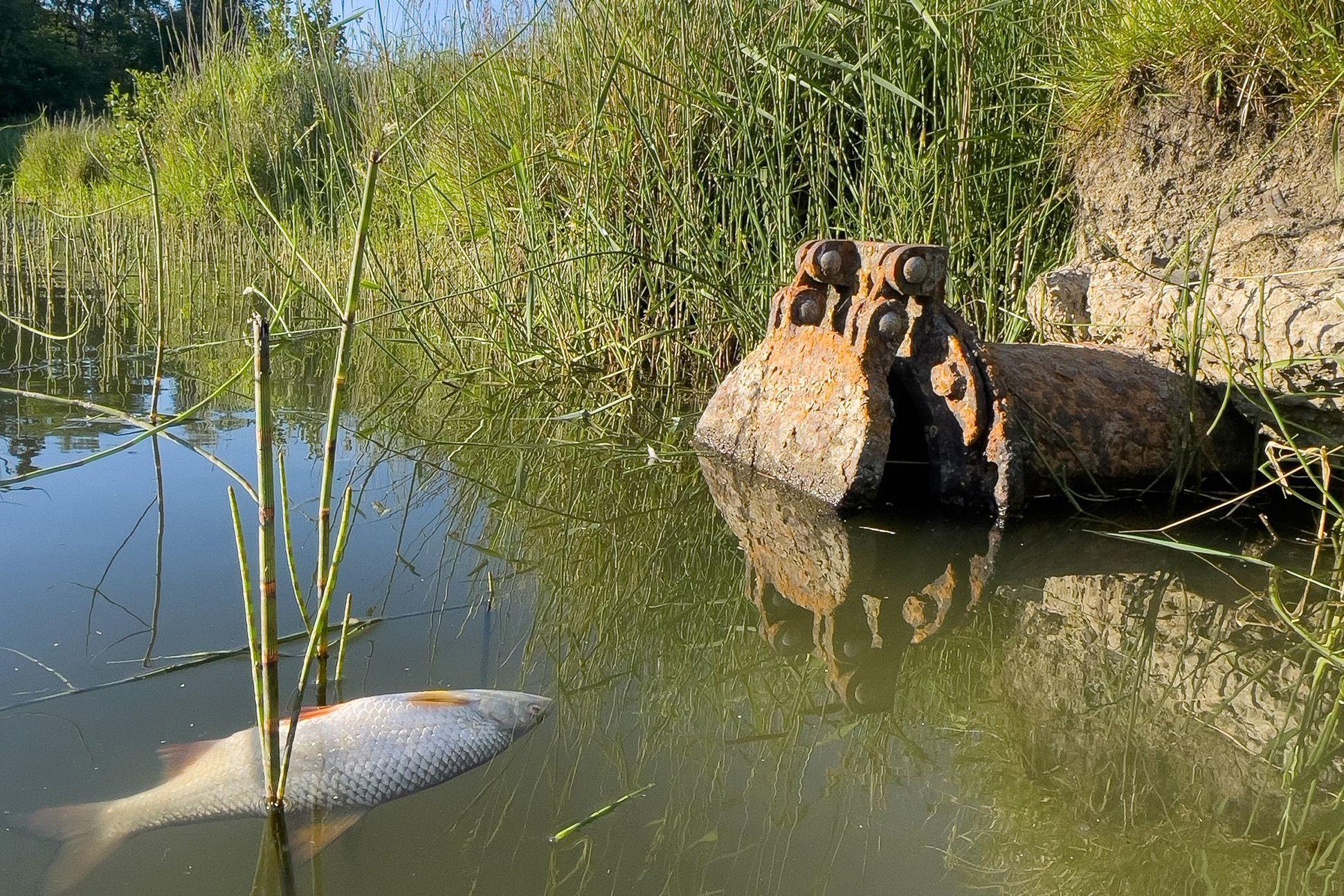 undefinedPhotograph by Matt Staniek
undefinedPhotograph by Matt StaniekOne of the questions I'm really keen to ask is, is there any advice you would give to someone who wants to do what you do?
I’m not the type of person to be giving advice. I've been leading myself blind, where I've not necessarily, you know, I'm not a campaigner. I never wanted to be a campaigner, I still wouldn't be able to tell you what campaigning is, you know, a lot of days just being driven by gut instincts.
One thing I would suggest is, the climate crisis, plastic pollution, all these issues that we have, on a global scale, they seem so daunting. And you do have that level of eco anxiety surrounding it. But what I'm doing with Windermere is that I'm trying to focus on something local, that I can tangibly change, because it's right on my doorstep.
We should look here, and try to fix here, to be the model to take elsewhere. And that's what Windermere is, if we can get blueprint for Windermere, if we can protect Windermere in real systemic change, to help improve its ecology and environment, that we can take that blueprint elsewhere and create change. I suppose it's just look what's happening on your doorstep and see what skill sets you have to be able to add to this.
 undefinedPhotograph by Drew Blacow
undefinedPhotograph by Drew BlacowSince the time this interview took place, the news has been littered with stories about sewage, whether that’s triathletes falling ill, surf schools cancelling lessons, beaches being unusable or even, thankfully, companies being held to account.
But the issue is far from over, and Matt continues to fight the good fight on our behalf. To follow along with the progress you can sign up on the site, follow along on insta or if you can, contribute to the cause here. You could just save a national treasure.



